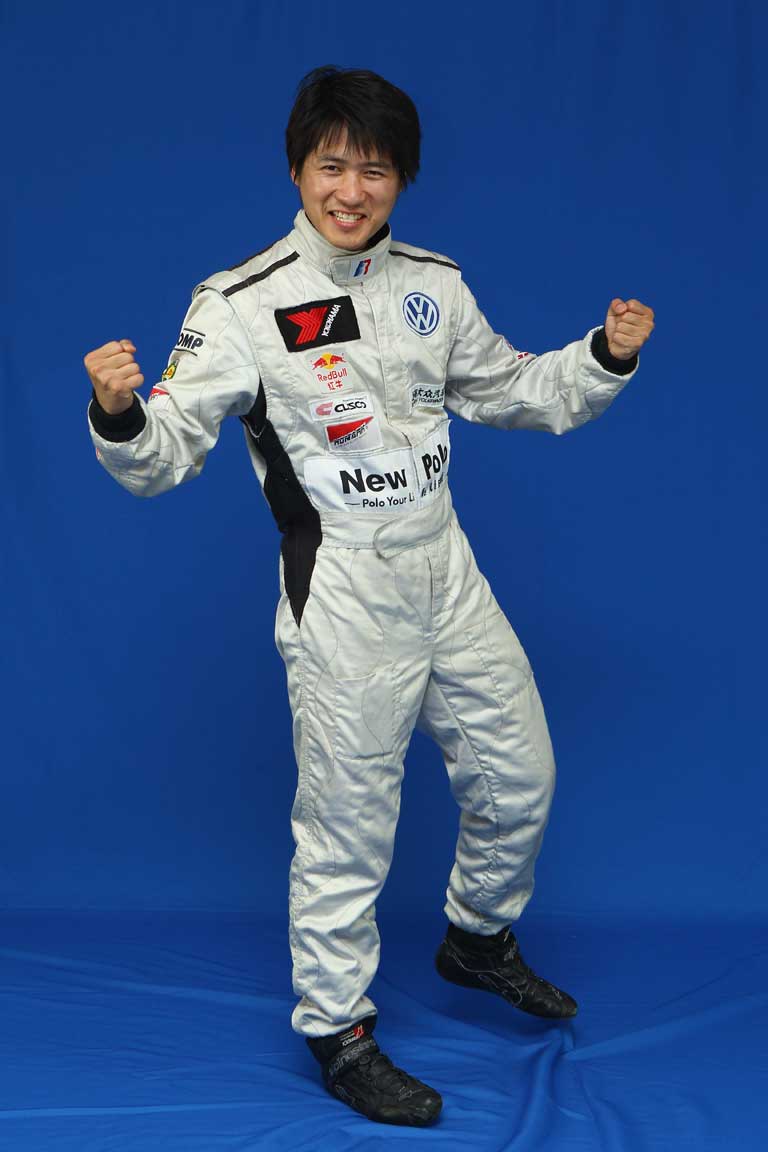Boyd Tonkin: Han Han shows us China in top gear – but does he really want to change it?
The Week in Books

Choke on that gearstick, Jeremy Clarkson. The planet's most successful petrolhead writer doesn't mess around with cheesy TV shows for ageing adolescents. He wins races - lots of them - as a national rally-driving champion and poster-boy (quite literally) for his team. His novels sell by the truckload and his sensational blog has attracted (at the last count) nearly 600 million views.
Even worse for our own whingeing motormouth, this rival has fast become a seminal influence on the rising generation in tomorrow's superpower. So, even for the automobile-averse, how Han Han thinks and what Han Han writes matters infinitely more than a thousand series of Top Gear.
His story astonishes. Born outside Shanghai in 1982, Han started writing in earnest aged 15 and dodged university to make his living in literature. In 2000, the prodigy's double-million selling novel Three Doors secured his role as a key voice for China's restless, change-hungry young people. Income from books then helped him launch his career as a rally driver, with luxury-brand endorsements powdering extra stardust over this icon of the Chinese Dream. A serial winner, he has cut down on racing but still competes around 15 times a year.
In 2006, Han started a blog for the Sina portal. Over the next half-decade, it grew into a passionately-followed mouthpiece for the hope, ambition, fury and frustration of young China. Han can sound funny, cocky, ironic, rude, silly, provocative - but also oddly opaque and elusive. Collected in book form as Qing Chun ("Youth"), the blogs sold 1.5 million in 2010. Now, in a sassy and pacey translation from Allan H Barr, a version - which includes some later essays - has appeared in English as This Generation (Simon & Schuster, £8.99). It's a thrilling, if disorienting, ride.
In one light, our glamorous champ can often look like a fearless dissident, speaking truth to power. China's internet censors routinely take down his posts - about which he openly complains. When jailed author Liu Xiaobo won the Nobel peace prize (unmentionable in the official media), Han's blog consisted of precisely this: " ". The wordless verdict got 28,000 comments.
His blogs flay corruption and repression. Mischievous mockery sometimes darkens into truly Swiftian satire. A trip to Queensland to race prompts one of several absolute gems, glittering with savage irony. Han pretends to find Australia backward compared to China and notes that, whereas the wimpy Aussies worry about rally cars felling kangaroos, in go-ahead China "hitting and killing people is no big deal". A train crashes and the media cover up; a state thug slays a village protestor; a friend patronises a brothel that has failed to pay the cops protection money and so lands in jail: the misdeeds of the state draw his witty, deadly scorn.
Han speaks up against censorship, for free expression. He affirms that "the less you try to control culture, the more it is going to flourish". He raises a bold voice for accountability and the rule of law. Yet he rejects revolution against the state as "neither possible nor necessary" - and shuns multi-party democracy. For him, a free-for all would result in a vicious scrum, with tyrant thugs on top. For all his cult appeal, Han doesn't trust the people. Populist democracy he sees as the enemy of frail liberties. "Gradual reform" should rein in state authority until citizens enjoy the spectacle of "power confined inside a cage".
That figures. Beyond his run-ins with the online censors, Han has not suffered persecution, exile or prison. He calls in the old Chinese tradition for wiser, juster rulers, not for a root-and-branch challenge to the system in the manner of a true rebel such as Ai Weiwei. Which of them better represents Chinese culture now? For all Ai's bravery, it must be the blogging boy-racer. Catch him while you can.
Keep Penguin out of the chief reptile's grip
Whatever else he may have done, Rupert Murdoch has nurtured a nest of criminal vipers in the phone-hacking corners of his empire. Now, according to a grim rumour, the HarperCollins (and News International) chief may be planning a takeover bid for Penguin Books, after the departure of Dame Marjorie Scardino from Penguin's parent company, Pearson. Authors, readers: prepare to raise the defences against any threat to the Big Bird - a glory of British culture, not just of British business - from the deadliest reptile of all.
Post-Orange, put branding on hold
After Orange pulled out of sponsoring the prize that used to bear its name, the award's custodians were swamped by potential suitors. Although another long-term partner will surely emerge soon, the mobile giant's withdrawal came too late to secure a deal for 2013. So, next year, the Women's Prize for Fiction will take place as usual but with its running costs covered by a consortium of private funders, including Martha Lane Fox, Joanna Trollope and Cherie Blair (the annual £30,000 for the winner already comes from an anonymous source). The plain, dignified new title strikes me as a distinct improvement. Brands - and their corporate owners - chop and change strategies and identities as fast as a teenager's ringtone. Who really gives a missed call about the lot of them? The prize should keep its current moniker, whoever takes over as principal backer.
Join our commenting forum
Join thought-provoking conversations, follow other Independent readers and see their replies
Comments